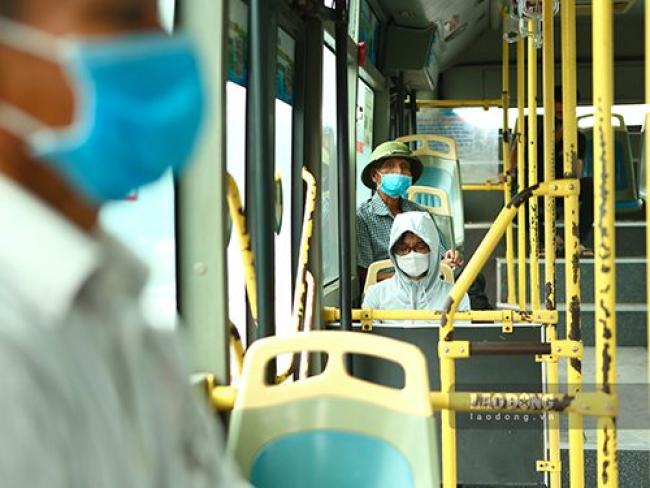Articles Menu

Pandemic-struck New York City is pleading for emergency transit funding, with tens of billions in local GDP, hundreds of thousands of transit-dependent jobs, and the ongoing struggle for social justice all hanging in the balance. And with former commuters continuing to shun their service in droves, transit districts across the U.S. are facing the same crisis.
“Like a tree without roots or a body without a spine, New York City would collapse without its subway system,” writes Bloomberg CityLab. But “that kind of dire outcome is a real risk if transit cuts proposed in New York and elsewhere come to pass…as the pandemic wreaks havoc on agency budgets.”
Such cuts, which would mean more than 9,300 direct jobs lost through 2021, owes to the persistent hollowing out of transit ridership in the city, with subway use still 63 to 70% below pre-pandemic levels. Nationally, U.S. transit volumes sit at about 76% below pre-COVID levels.
Similar “doomsday” scenario planning is unfolding in big cities across the United States, with Boston’s MBTA proposing to reduce subway frequency, halt ferry service, cut 25 bus routes, and eliminate commuter rail service after 9 PM on weekdays and entirely on weekends. Washington and Chicago are both warning of deep cuts in 2021 should emergency support not materialize, while San Francisco has said that, absent relief, it will be forced to maintain its elimination of nearly 60% of its bus service through 2022.
Mid-sized cities are likewise struggling, CityLab adds, citing Atlanta’s prognosis that it will be unable to restore “most of the 70 bus routes that were cut in spring until conditions change.”
As for what an outright transit collapse would mean to NYC, CityLab paints a bleak economic picture. According to a report by the NYU Rudin Center for Transportation, “MTA service cuts could trigger a cascade of as many as 450,000 lost jobs and a GDP decline of US$65 billion across the New York metropolitan region.”
Gutting MTA services would also be terrible news for the climate, as less public transit would undoubtedly lead to more cars on NYC’s famously gridlocked streets.
And the “long waits and skeletal options” that await those reliant on transit could deal a serious blow to efforts to advance social justice.
“We’re talking about riders in low-income communities who are part of our essential workers and who have been hit the hardest during the pandemic,” said Scarlett De Leon, an organizing manager with the Los Angeles-based Alliance for Community Transit.
While the promise of a COVID-19 vaccine and the coming change to a more transit-friendly federal government are generating cautious optimism, CityLab notes that the requested emergency funding “will still likely hinge on which party controls the Senate, which is to be decided in the Georgia runoff in January.” And even once the vaccine is distributed, “ridership may not return to previous levels for years due to the lingering effects of economic recession,” the news story adds.